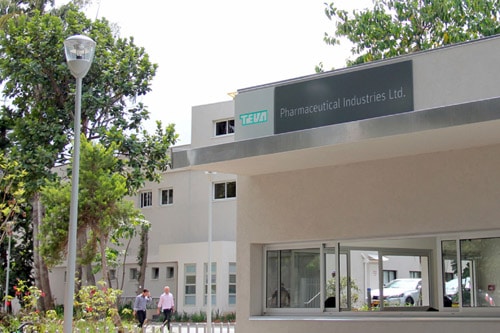
Teva has withdrawn its migraine patch Zecuity from the market just a few months after launch, following reports that it may cause injury to some patients.
A safety alert issued by the US FDA yesterday said the agency is investigating “the risk of serious burns and potential permanent scarring” with Zecuity, a battery-powered patch laden with the migraine drug sumatriptan that was launched last September.
The alert does not give a number for the adverse event reports (AERs) but says that a “large number of patients” have reported symptoms such as severe redness, pain, skin discoloration, blistering and cracked skin after using the patch.
In addition to the suspension from sale, Teva is also carrying out a pharmacy level recall of Zecuity and patients are recommended to stop using the product straight away. The disposable patch is worn for around four hours on the upper arm or thigh.
Zecuity delivers sumatriptan across the skin by a process known as iontophoresis – in which a mild electric current is applied across the skin and helps to usher active pharmaceutical compounds into the body.
The AERs are puzzling because iontophoresis has been used for transdermal delivery for decades, while sumatriptan – a serotonin 5-HT1 agonist – also has a long history of use having been introduced as an oral and injectable migraine treatment in the 1990s.
Delivering the drug via a patch is designed to overcome the problem that migraine is often accompanied by nausea, making it hard for some patients to swallow tablets.
“FDA is investigating these serious adverse events to determine whether future regulatory action is needed, and will update the public with new information when the … review is complete,” said the agency.
Teva has not disclosed sales for Zecuity since its launch last September, but they are thought to be below $100m.
According to a recent report by Decision Resources, new formulations of migraine drugs – including Zecuity as well as quick-dissolve oral and intranasal formulations – are predicted to account for $800m out of a total market of more than $5bn in 2023.
Teva said it was investigating the root cause of the AERs and would “continue to work closely with the FDA to resolve any remaining questions”.
Zecuity has not been launched in any other markets to date. Teva acquired the patch when it bought original developer NuPathe for $114m last year.




